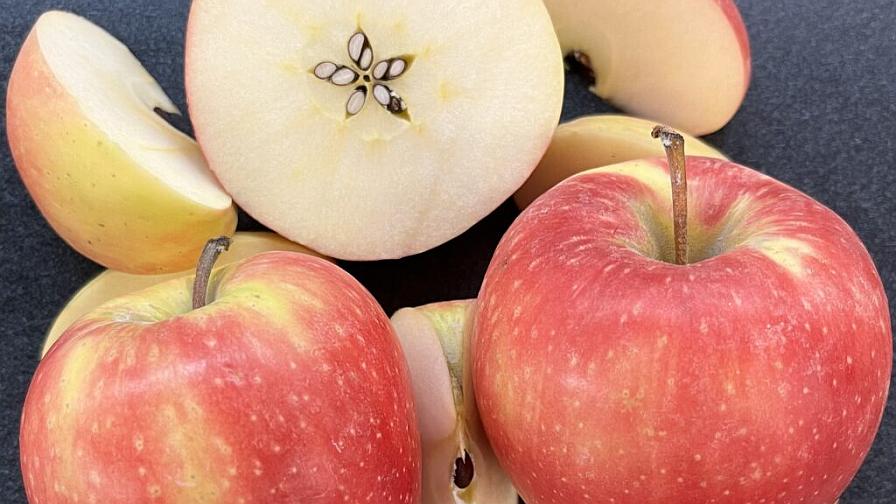3 Sustainable Ideas for Healthier Vegetable Crops
You hear a lot of claims when it comes to growing vegetables sustainably. Good research breaks down those claims to how they work and puts them to the test.
From water conservation to reducing greenhouse gasses, here are three studies that shed light on how effective some sustainability practices are.
Biostimulants Reduce Greenhouse Gas Emissions
A team of Italian scientists saw a gap in biostimulant research. While several studies establish its effectiveness, they did not see any studies measuring whether using biostimulants impacts carbon footprint estimates.
The team conducted a life cycle assessment (LAC) on two crops — zucchini and spinach — to measure their carbon footprint impacts when grown with biostimulants or no treatments. LAC studies include all aspects of growing crops, both direct and indirect, including raw materials production.
The zucchini crops were dressed with arbuscular mycorrhizal fungus, Glomus intraradices, or mineral fertilization. The spinach crops were likewise divided into two groups, this time with one group receiving foliar vegetable-derived protein hydrolysate and the other untreated.
They found that the crops treated with biostimulants emitted significantly lower greenhouse gases, including CO2, methane, nitrous oxide, hydrofluorocarbons, and perfluorocarbons. A bonus find? Biostimulants increased fertilizers’ efficiency and increased crop yields.
Study: Biostimulants as a Tool for Improving Environmental Sustainability of Greenhouse Vegetable Crops
Authors: Sara Rajabi Hamedani, Youssef Rouphael, Giuseppe Colla, Andrea Colantoni, and Mariateresa Cardarelli
Compost Teas on Peppers, Tomatoes, and Melons
In this study, a different Italian research team wanted to test whether compost teas decrease the chemical waste of growing peppers, tomatoes, and melons in a nursery setting.
They evaluated seven different compost teas to see if they could act as a full or partial substitute for traditional chemical treatments like propamocarb-hydrochloride and fosetyl-Al. The teas ranged from crop residues (tomato, cauliflower, or artichoke) mixed with woodchips, mature composts, commercial biowaste compost, and a corn silage/manure solid digestate.
The study showed it is possible to lower vegetable nursery production’s chemical impact by using compost teas. They found that it increased root length, stem diameter, number
of leaves, and fresh biomass when compared to their chemical counterparts.
“Our results indicated that compost teas may replace (traditional treatments) in the following seedling production cycle, securing vegetative characteristics of nursery plants similar to the chemical control, that may incite fast starting of transplants in the field stage,” the team wrote in its findings.
It’s worth reading the full journal article. This was a complex study involving not just the seven different com-
post teas but also three different crops, as well as full and partial mixtures.
Authors: Domenica Villecco, Catello Pane, Domenico Ronga, and Massimo Zaccardelli
Using Plants as Water Stress Indicators
A research team from Texas Tech University decided to see if water stress indicators in plants are an effective alternative to traditional soil indicators.
In this study, the team tested several plant-based water stress indicators for their ability to detect and measure the water stress, predict the yield as affected by different water stress conditions, and schedule irrigation in vegetables.
The team found water indicators in plants have an advantage over soil-based indicators. Most of the water stress indicators tested were able to correctly measure the amount of stress in a growing region. They can be successfully used to detect and measure the water stress level in crops subjected to different water-deficit levels. These plant indicators also were able to predict yield results.
Study: A Review on Potential Plant-Based Water Stress Indicators for Vegetable Crops
Authors: Ved Parkash and Sukhbir Singh










